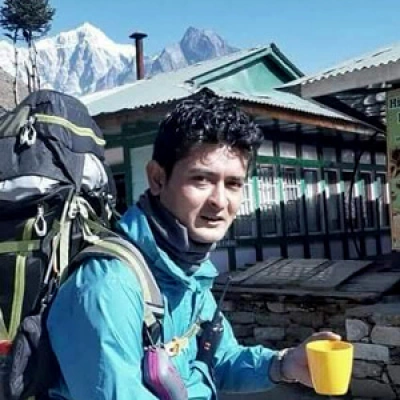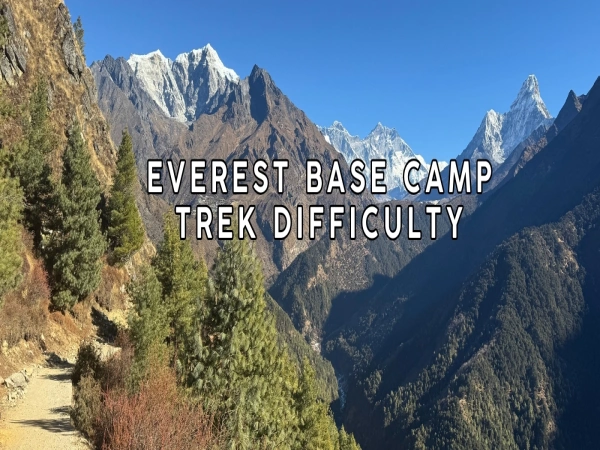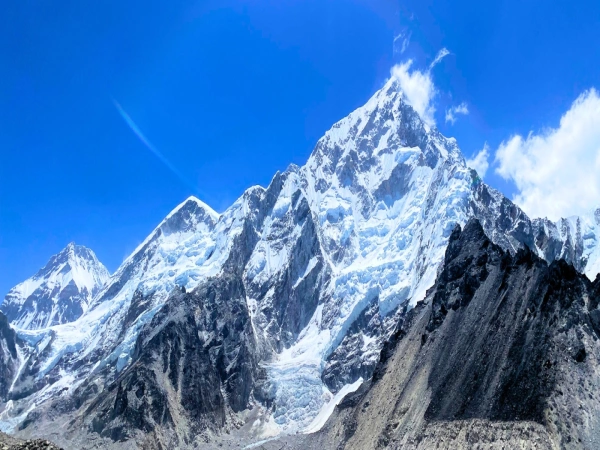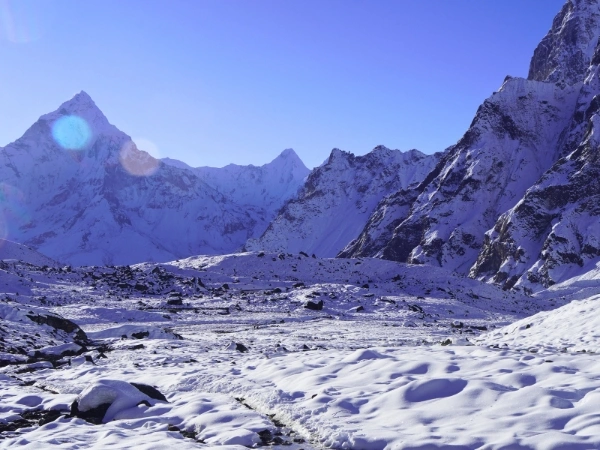Upper Mustang, with its legendary gated city and the mystical country of Lopas, is one of Nepal's best-kept secrets. 15 - days Upper Mustang Trek offers an incredible cultural experience, breath-taking Himalayan scenery, and a wealthy human civilizational history. Upper Mustang is part of Nepal situated at Dhaulagiri Zone which is one of the most popular trekking route in Nepal with Jomsom as Its headquarter. Mustang spans the Himalayas and reaches the Tibetan plateau to the north. Upper Mustang, the old Lo Kingdom, comprises the Mustang district's northern two-thirds. This kingdom was a dependency of the Kingdom of Nepal until it was disbanded on October 7, 2008, by the Republican Government of Nepal. Mustang is a distant sub-kingdom in north-central Nepal's Himalayan area. The name "Mustang" comes from the Tibetan phrase for "Plain of Aspiration."
Upper Mustang Trek | Honest Review
The Annapurna Conservation Area, Nepal's largest protected area, encompasses the entire district. residents in Upper Mustang are ethnically Tibetan; the overall population is barely about 15,000 people. The majority of them live on the banks of the Kali Gandaki River, which was previously a significant commerce route through this hilly region. Untouched by modern culture and isolated in its rocky mountain landscape, a way of life remains in Mustang that is rapidly fading elsewhere in Tibet.
Upper Mustang Trek, contains caverns, climbs, and royals. Upper Mustang is an old forbidden kingdom bordering China and the Tibetan plateau, sheltered by some of the world's highest mountains, the 8000-meter peaks of Annapurna and Dhaulagiri, and where stringent supervision of travelers has enabled Tibetan traditions endure stronger than Tibet itself. Upper Mustang was a privatized zone until 1992, making it one of the world's best-preserved places due to its relative seclusion from the outside world, with most of the population continuing to use native languages. Upper Mustang's monarchy ended its existence on October 7, 2008, by the decree of the Government of Nepal, after Nepal's transformation into a federal democratic republic. Mustang has substantially less vegetation because it is in the shadow of the Himalayas.
Upper Mustang receives far less rain than the rest of Nepal. It is one of the few places on the planet that has a lengthy and narrow niche life because it has stayed inaccessible to outsiders. This isolation enabled the Mustang people to preserve their way of life and traditions, which had remained mostly untouched for millennia. Mustang is a beautiful hiking destination hidden behind the breathtaking Himalayan mountains of Dhaulagiri and Annapurna. To visit this zone, travelers must obtain a permit. The historic Buddhist kingdom of Lomanthang can be found in Mustang. Trekking in Mustang is reminiscent of trekking in Tibet.
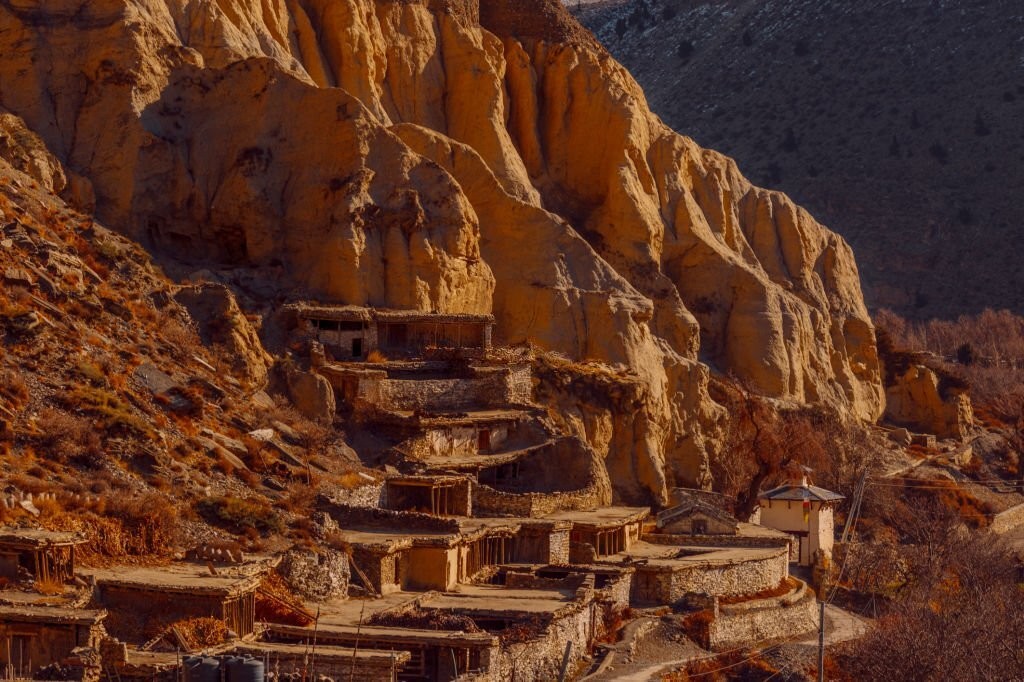
Upper Mustang trekking takes us through one of Nepal's most fascinating and little-known kingdoms, where we may discover the strange and wonderful scenery of carved conglomerate cliffs decorated by natural earth hues such as reds, yellows, browns, and blues. It is very lovely, with white-painted communities and Tibetan monasteries set above the background of distant snow-capped Himalayan peaks.
Besides these Upper Mustang Trekking offers you the chance to explore the places like Jomsom, Lo-Manthang, Muktinath Temple, Kagbeni, Sky caves, Chungsi Cave, Chhoser, Marpha Village, and Damodar Kunda which have their own natural and historical significance. Moreover The Upper Mustang Trek provides you the opportunity to experience the mystic Tiji festival which is one the greatest festivals of the Tibetan community that helps you to reunite with your spirituality and explore their culture.
As everyone has their own perspective of seeing things, for me Upper Mustang Region was one of the most exciting treks of a lifetime and I would always be ready for another chance to explore such a magical place, I also recommend you all to explore the Upper Mustang Trek once and I guarantee you will not regret.
